A growing coalition is rallying against OpenAI’s plan to transition into a fully for-profit entity, with notable figures like Geoffrey Hinton, often called the “godfather of AI,” joining the opposition.
Hinton, a Nobel and Turing prize winner, has expressed concerns about OpenAI’s shift away from its original mission, which was focused on AI safety.
A Diverse Coalition Forms Against OpenAI
On December 30, 2024, Encode, a youth-led advocacy group, filed an amicus brief in support of Elon Musk’s lawsuit, which seeks to prevent OpenAI from becoming a fully for-profit company.
Hinton, a key figure in the development of artificial intelligence, added his voice to the cause, arguing that OpenAI’s transition would send the wrong message to the AI community.
Hinton emphasized that OpenAI was founded as a non-profit organization with a commitment to AI safety, benefiting from tax advantages and other perks as a non-profit.
The decision to abandon these principles when it becomes inconvenient, he argues, undermines the trust placed in the organization and could have wider implications for the AI ecosystem.
Musk’s Lawsuit and Encode’s Support
Musk, who was a co-founder of OpenAI, filed his lawsuit in November 2024, seeking a preliminary injunction to stop the company’s restructuring. Encode, representing young people globally, contends that OpenAI’s shift to a for-profit model would undermine its safety-focused commitments.
The group is particularly concerned that a for-profit corporation might not fulfill OpenAI’s promise to assist other organizations working on artificial general intelligence (AGI) rather than competing with them.
Sneha Revanur, president of Encode, argued that the race for AI development, driven by profit motives, could have dire consequences for humanity. She called for court intervention to ensure that AI development serves the public interest, not just corporate interests.
OpenAI’s Response
In response, OpenAI has urged the court to dismiss Musk’s lawsuit, claiming that he lacks standing and is only seeking to gain an unfair competitive edge for his own AI venture, xAI.
The company also released communications from Musk, including emails suggesting that he had supported the idea of turning OpenAI into a for-profit entity as early as 2017.


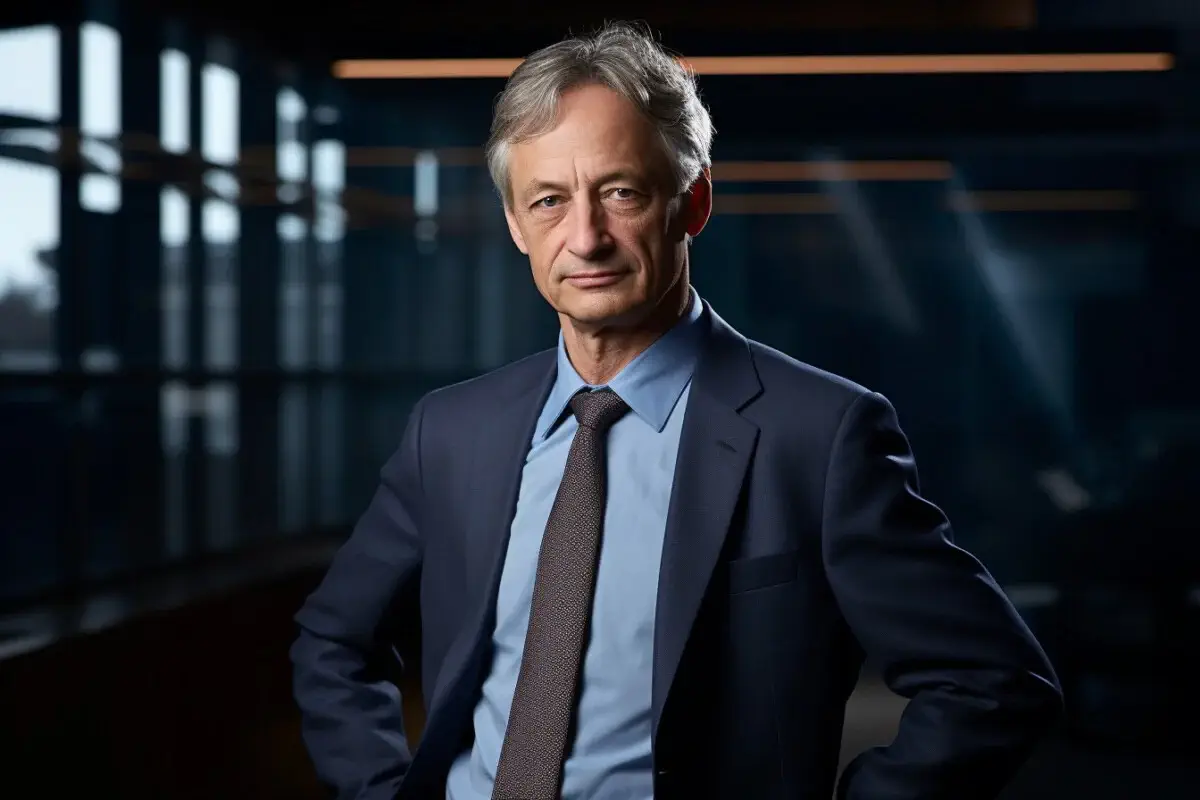


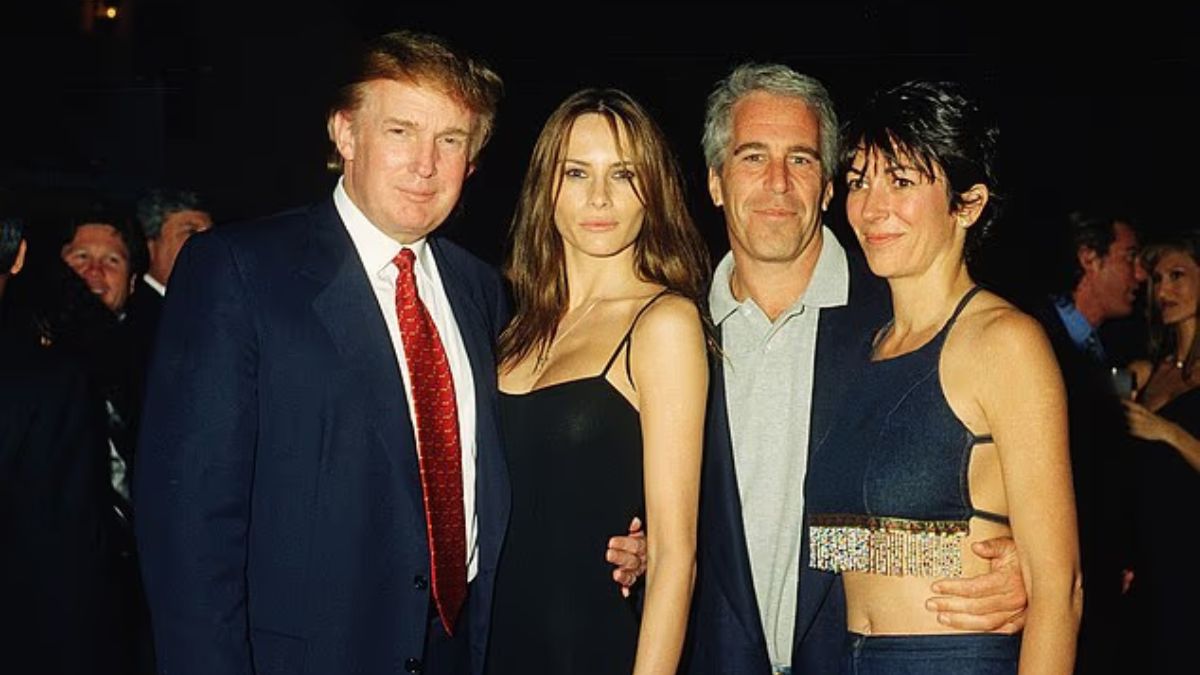
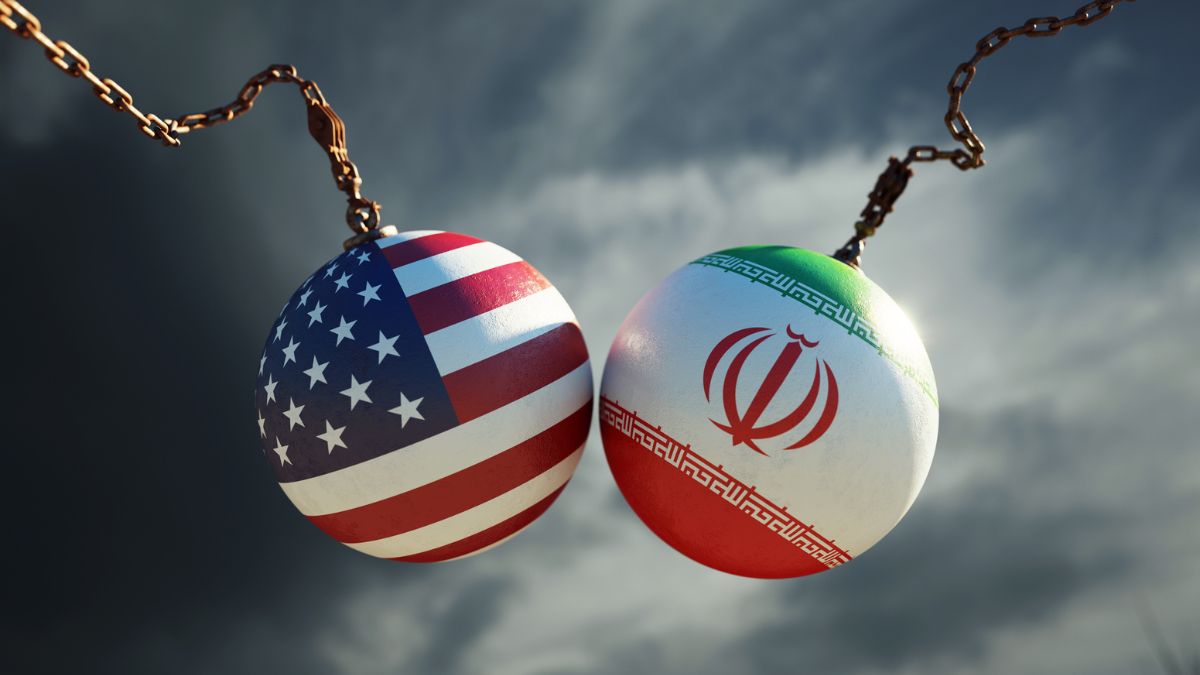
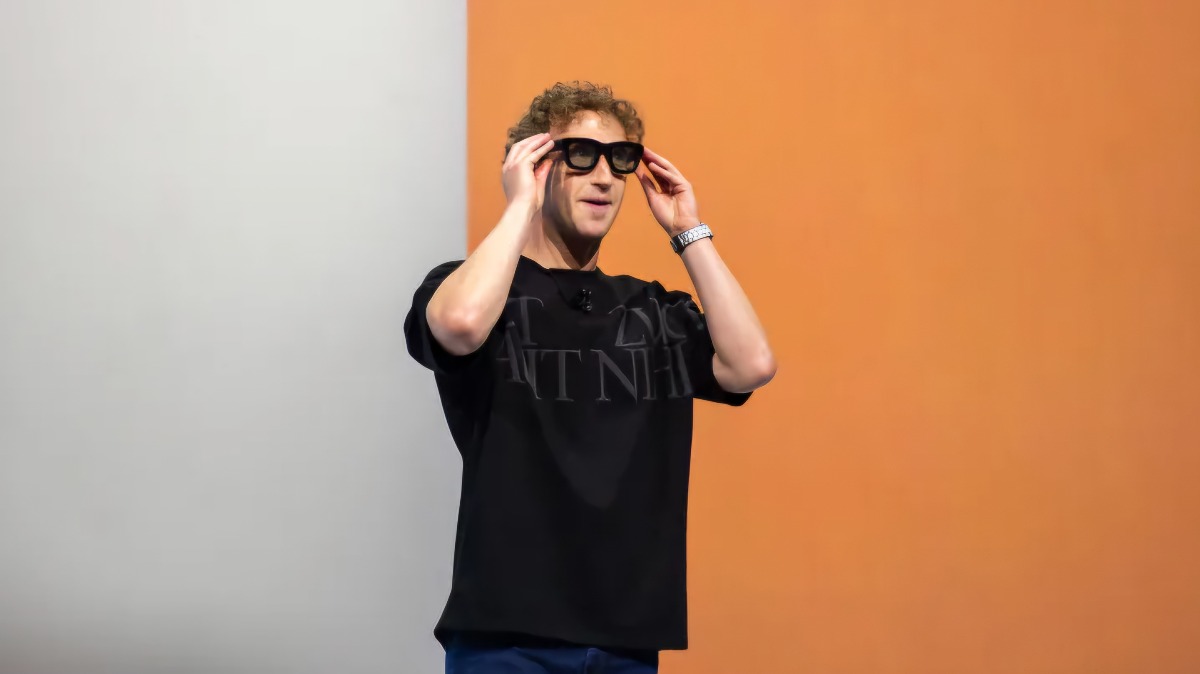
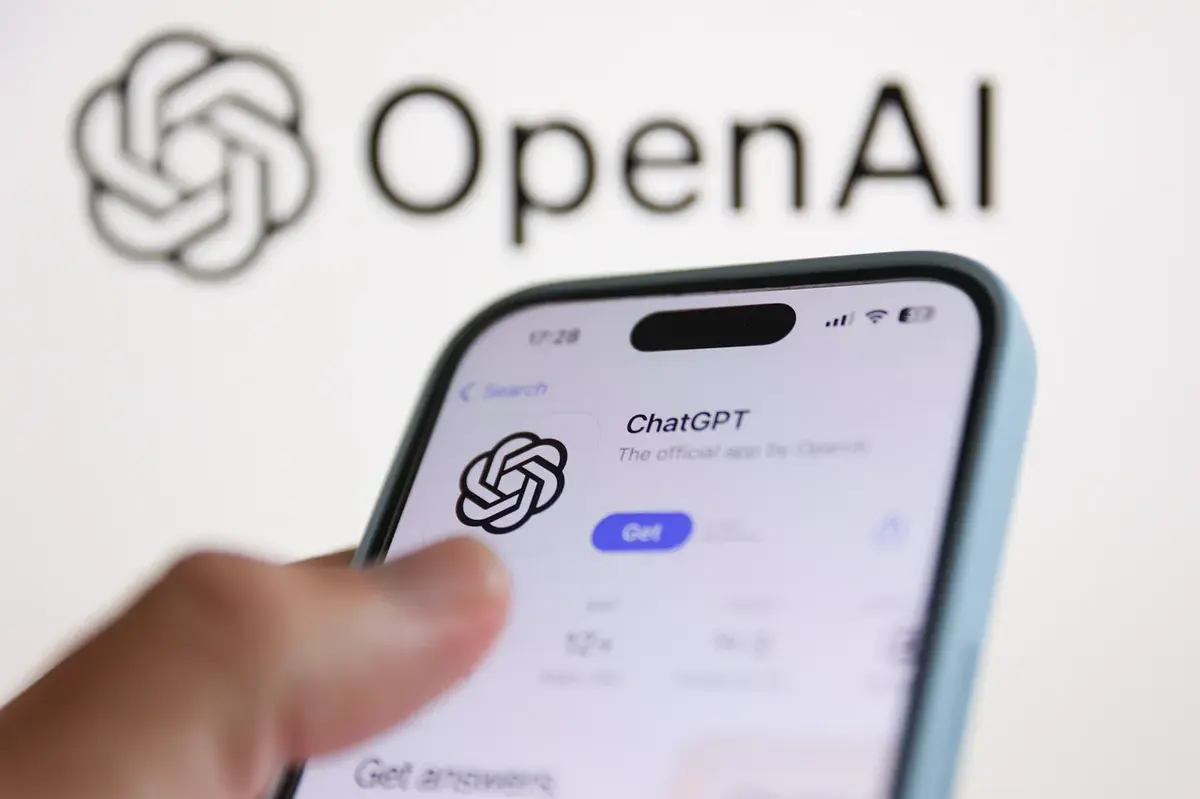
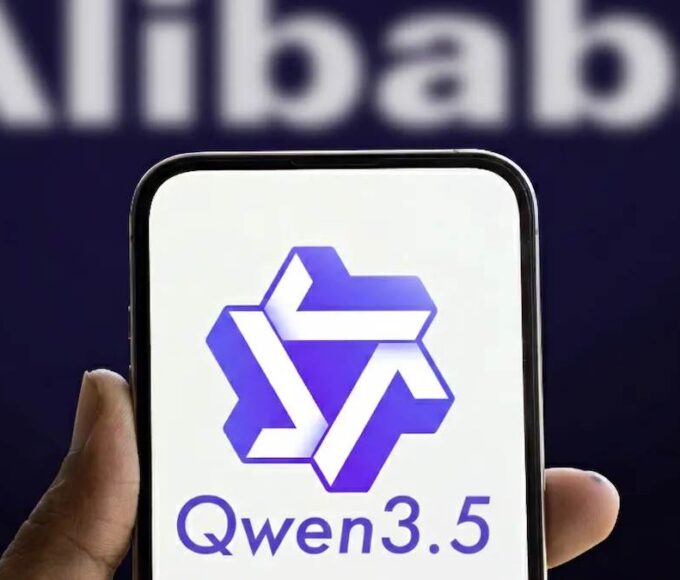


Leave a comment